T4K3.news
EV long trip reveals time and cost hurdles
A 350 mile round trip in a Volvo C40 Recharge Twin Pro highlights the gap between home charging efficiency and high roadside prices.
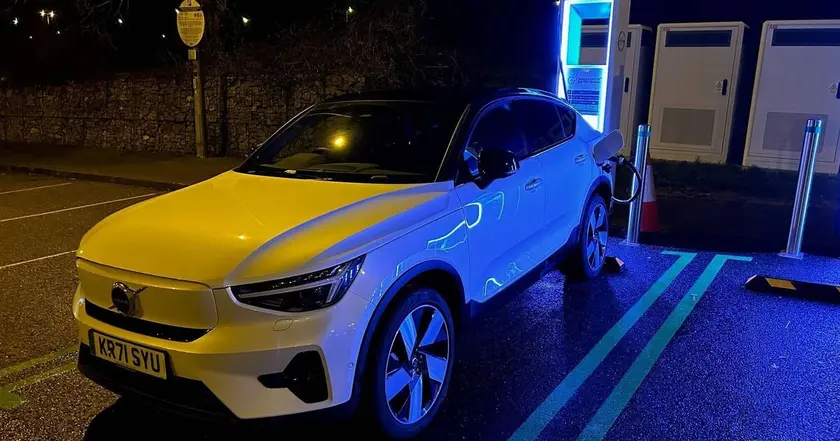
A real world test shows a 350 mile journey in an electric car is doable but costly and time consuming due to public charging prices.
Electric car long trips reveal time and cost hurdles
The author undertook a 350 mile round trip from Cornwall to Bristol in a Volvo C40 Recharge Twin Pro to measure practicality, cost and time. The outward leg used a 60 kW public charger at Taunton Deane, costing £19.62 for 55 miles of range, while a fast charger at Exeter later added 126 miles in 45 minutes for £43.45. Overall, the day ended at £88.07 in charging costs for the round trip, with significant time spent planning and waiting for updates on remaining battery. In Bristol the car was topped up slowly at a relative’s home, then a return leg used a larger, 350 kW charger to restore range. By the end the car had about 16–25% battery and the journey required more planning and longer total travel time than a diesel trip would have.
Key Takeaways
"Charging fast is not fast enough when your day depends on it"
Highlight on the time-cost trade-off of fast public chargers
"Zero emission ideal meets the economics of the road"
Editorial take on environmental goals vs cost
"Home charging is cheap public charging is expensive"
Practical observation
"Distance and time change the math of buying an electric car"
Takeaway
The test highlights a core friction in the transition to electric driving. Public charging remains fast but expensive, turning long trips into a careful calculation of price and time. Even with high power networks, the economics don’t yet match home charging for extended travel when you must rely on roadside stations. This matters for the broader shift from petrol to electricity, where real-world costs shape consumer choices as much as emissions.
Policy and industry players should pursue cheaper, predictable pricing at public chargers and expand fast charging in high-traffic corridors. Without cheaper on-road options, the appeal of EVs for long journeys will stay limited to those who can tolerate extra time and cost.
Highlights
- Charging fast is not fast enough when your day depends on it
- Zero emission ideal meets the economics of the road
- Home charging is cheap public charging is expensive
- Distance and time change the math of buying an electric car
Financial and political sensitivity around charging costs
The piece discusses real-world costs of public charging and home tariffs, a topic sensitive to consumer budgets, energy pricing, and potential regulatory changes. It could trigger public reaction and investor interest in charging networks.
The path to a fully practical EV future will blend ambition with price discipline.
Enjoyed this? Let your friends know!
Related News

Tim Peake outlines future of space travel
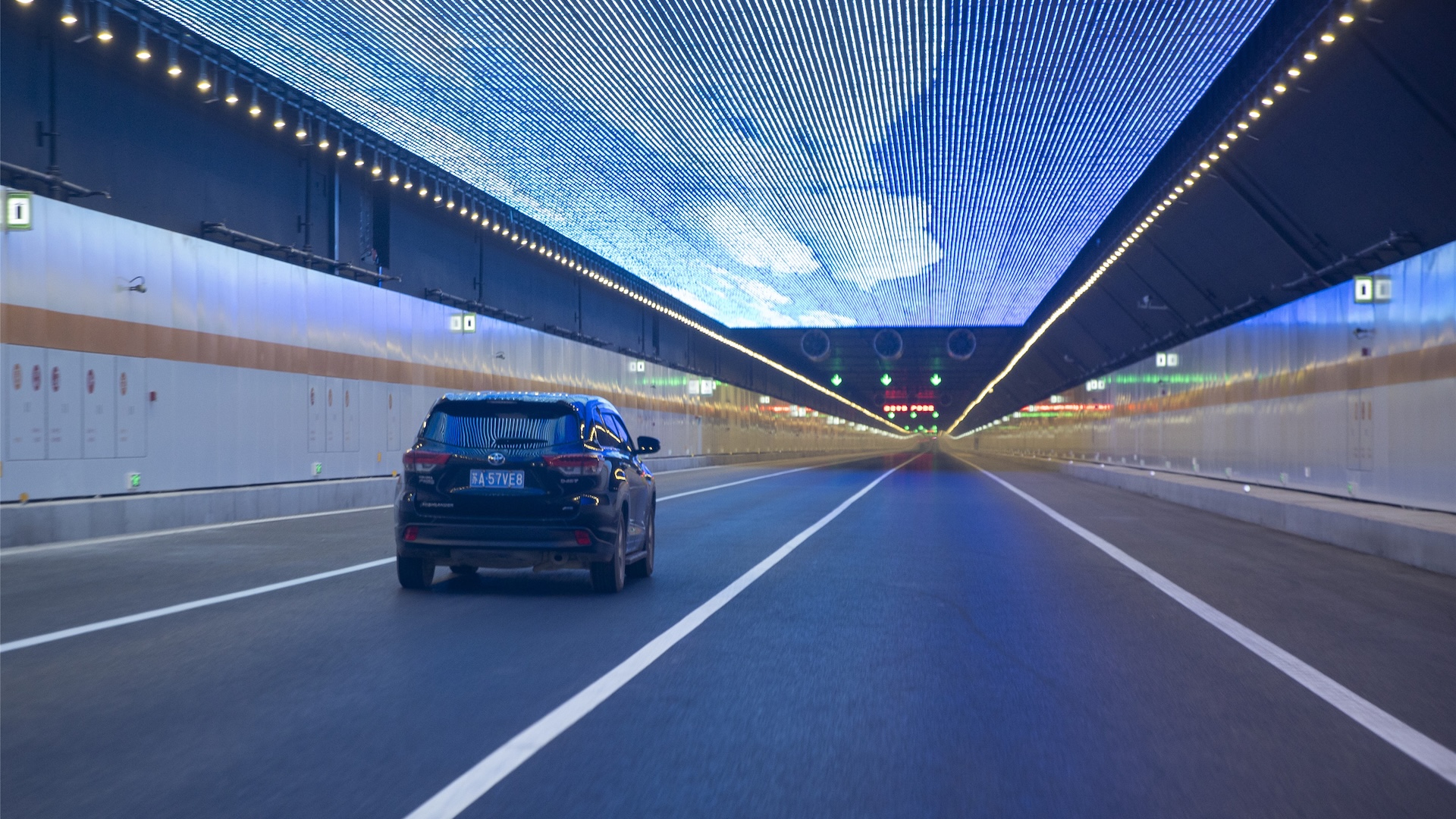
Transatlantic tunnel faces insurmountable challenges
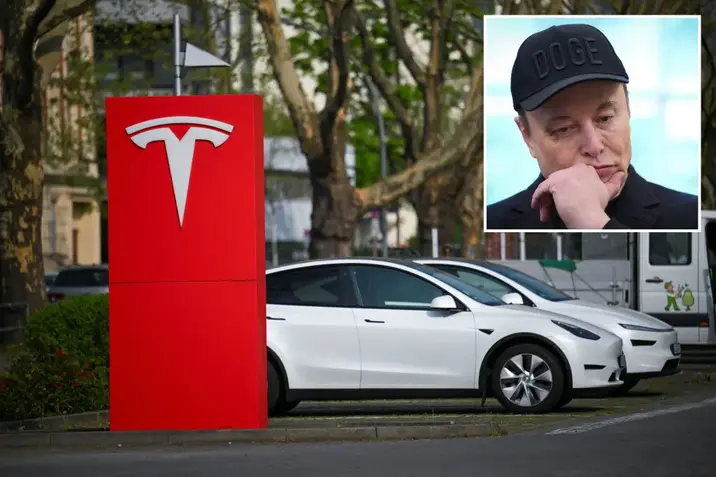
Tesla's North America chief resigns
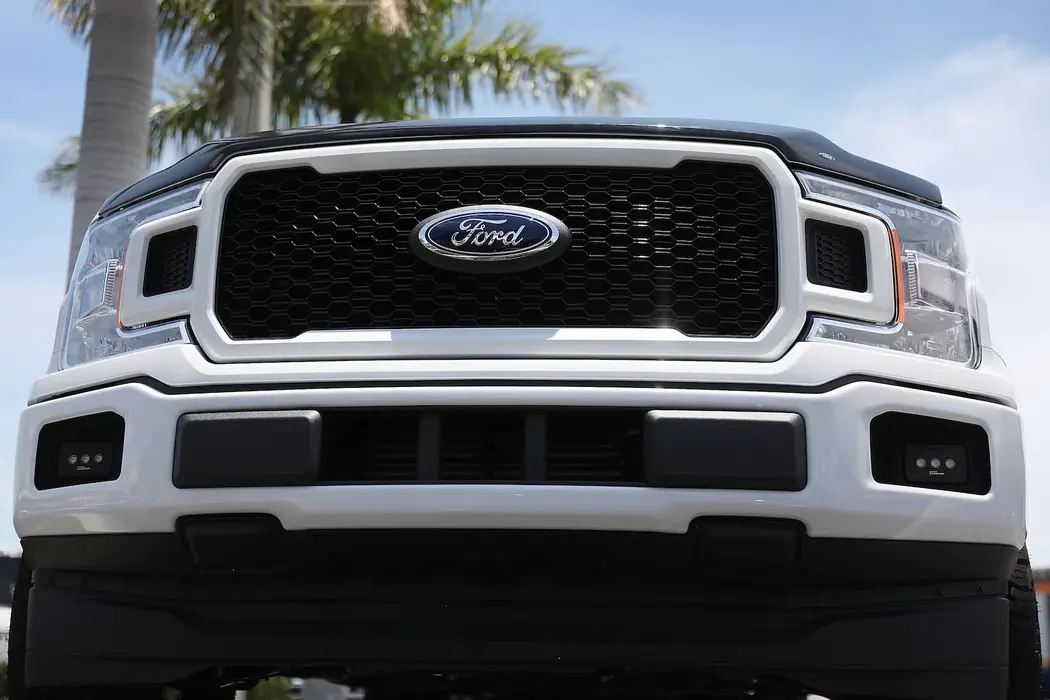
Ford teases Ranchero comeback as an affordable EV

New analysis on expat life in Albania

UK mum seeks life saving cancer treatment abroad after nhs funding gaps
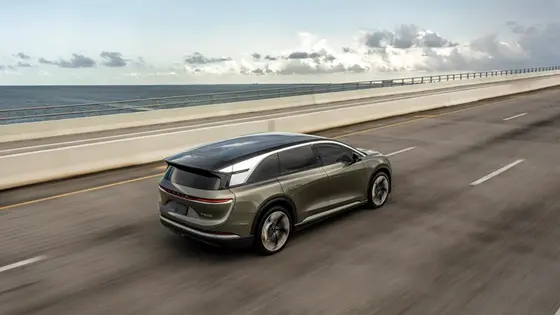
Lucid announces Q2 2025 financial results

Parker's awkward moment discussing Sánchez's Vogue cover
